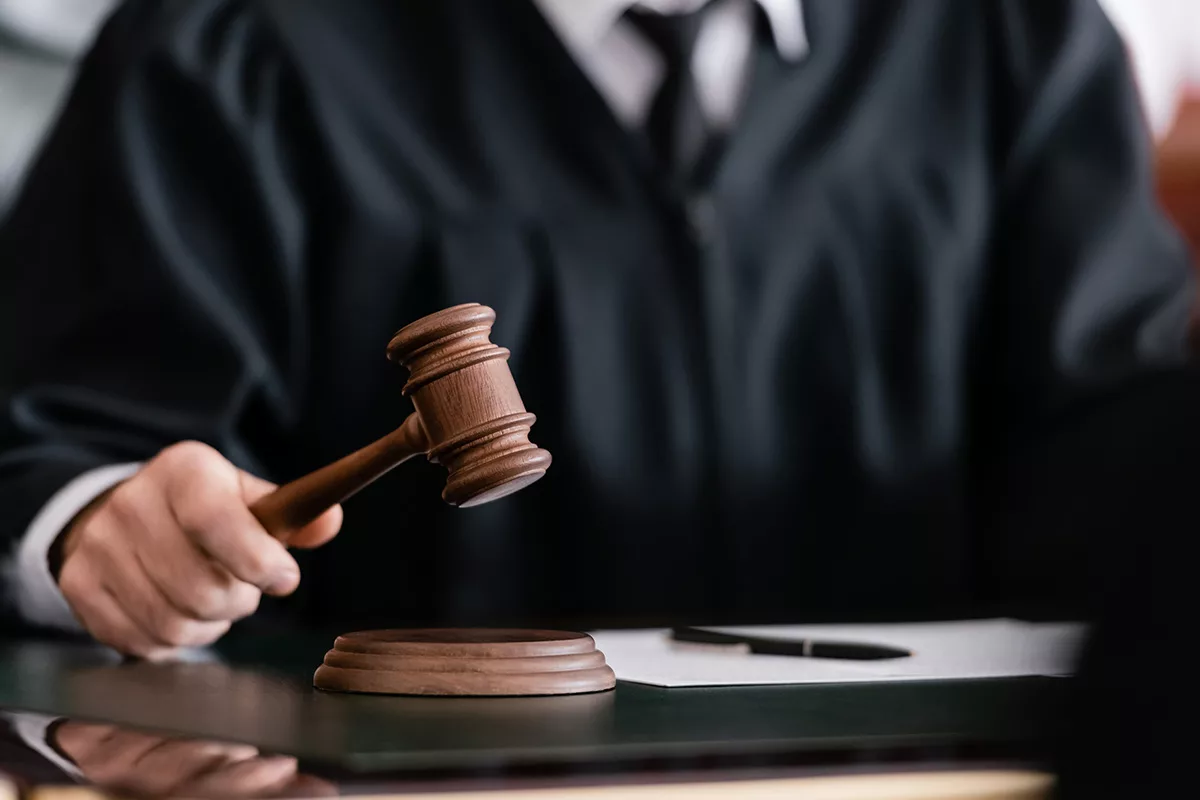
Being involved in a pedestrian accident can be a traumatic and overwhelming experience. In Sunbury, PA, pedestrian accidents are unfortunately common, and knowing the proper steps to take immediately after an accident can protect your rights, ensure your safety, and increase the likelihood of receiving fair compensation for injuries. This guide will walk you through the critical steps to follow if you are involved in a pedestrian accident in Sunbury.
1. Ensure Your Immediate Safety
The first and most crucial step after a pedestrian accident is ensuring your safety and the safety of others around you. If you are able, move to a safe location away from traffic to prevent further injury. Call 911 immediately if medical assistance is needed.
Even if your injuries seem minor, it is essential to seek medical attention. Some injuries, such as internal bleeding or concussions, may not be immediately apparent but can worsen over time. Prompt medical evaluation not only protects your health but also documents your injuries, which will be important if you pursue a personal injury claim.
2. Contact Law Enforcement
Calling the police after a pedestrian accident is a necessary step. A police report provides an official account of the incident and can be vital evidence in legal proceedings or insurance claims. When law enforcement arrives, provide accurate information about the accident without admitting fault.
The report should include:
- Names and contact information of the involved parties
- Vehicle details, including license plate numbers
- Weather and road conditions at the time of the accident
- Statements from witnesses
Having an official report helps create a record of the event that can support your case later.
3. Gather Evidence at the Scene
Documenting the accident scene is crucial. If possible, take photographs or videos of:
- Your injuries and clothing
- Damage to vehicles or property
- Road conditions, traffic signs, and signals
- Tire marks, debris, or any other relevant details
Also, obtain the names and contact information of any witnesses who saw the accident. Witnesses can provide independent accounts that support your version of events. Detailed documentation strengthens your claim and helps your attorney build a strong case on your behalf.
4. Seek Medical Attention
Even if your injuries seem minor, visiting a doctor immediately is critical. Medical documentation not only ensures that you receive necessary treatment but also creates an official record linking your injuries to the accident.
Common injuries from pedestrian accidents include:
- Broken bones
- Head trauma
- Back and spinal injuries
- Soft tissue injuries
- Internal bleeding
Follow all medical advice and keep detailed records of your treatment, including prescriptions, therapy sessions, and follow-up visits. These records will be essential when calculating damages for medical expenses, lost wages, and pain and suffering.
5. Avoid Discussing Fault
After a pedestrian accident, it is important not to admit fault or apologize at the scene, even if you feel partially responsible. Statements made at the scene or on social media can be used against you by insurance companies or opposing parties.
Keep discussions limited to providing basic information to the police and medical professionals. Avoid making any agreements or signing documents from insurance companies without consulting a Pedestrian Accident Lawyer Sunbury PA first.
6. Notify Your Insurance Company
Contact your insurance company to report the accident as soon as possible. Provide factual information about the incident, but avoid speculation or statements that could imply fault.
If the driver involved in the accident contacts you or your insurance company, it is advisable to direct them to your attorney. Insurance companies often attempt to minimize payouts, and having legal representation ensures that your rights are protected.
7. Consult a Personal Injury Attorney
Hiring an experienced Fep Lawyers, is one of the most important steps you can take. An attorney can:
- Guide you through the legal process
- Investigate the accident thoroughly
- Collect evidence and witness statements
- Negotiate with insurance companies for fair compensation
- Represent you in court if necessary
Pedestrian accidents can involve complicated legal issues, including comparative negligence, liability disputes, and insurance coverage questions. A skilled attorney ensures that you are not taken advantage of and that your claim reflects the full extent of your injuries and damages.
8. Keep Detailed Records
Maintain a comprehensive record of everything related to the accident. This includes:
- Medical bills and receipts
- Lost wage documentation
- Repair estimates for damaged property
- Communication with insurance companies and medical providers
Detailed records support your claim and make it easier for your attorney to calculate damages accurately. The more organized your documentation, the stronger your case will be.
9. Understand Your Legal Rights
Pennsylvania law allows pedestrians to seek compensation for injuries caused by negligent drivers. A personal injury claim can cover:
- Medical expenses
- Lost wages and reduced earning capacity
- Pain and suffering
- Emotional distress
- Property damage
Consulting a knowledgeable attorney ensures that you understand your rights and receive the compensation you are entitled to.
10. Take Care of Your Physical and Emotional Recovery
Recovering from a pedestrian accident involves more than just legal action. Prioritize your health and well-being during this challenging time. Follow your doctor’s treatment plan, attend therapy sessions if recommended, and seek support from family, friends, or counseling services if needed. Emotional recovery is just as important as physical recovery, and managing stress can help you focus on your legal case as well.
Conclusion
Being involved in a pedestrian accident in Sunbury, PA, can be overwhelming, but knowing the proper steps to take can protect your health, legal rights, and financial future. Ensuring safety, seeking medical attention, documenting evidence, avoiding admissions of fault, and consulting an experienced attorney are critical actions that can make a significant difference in the outcome of your case.
